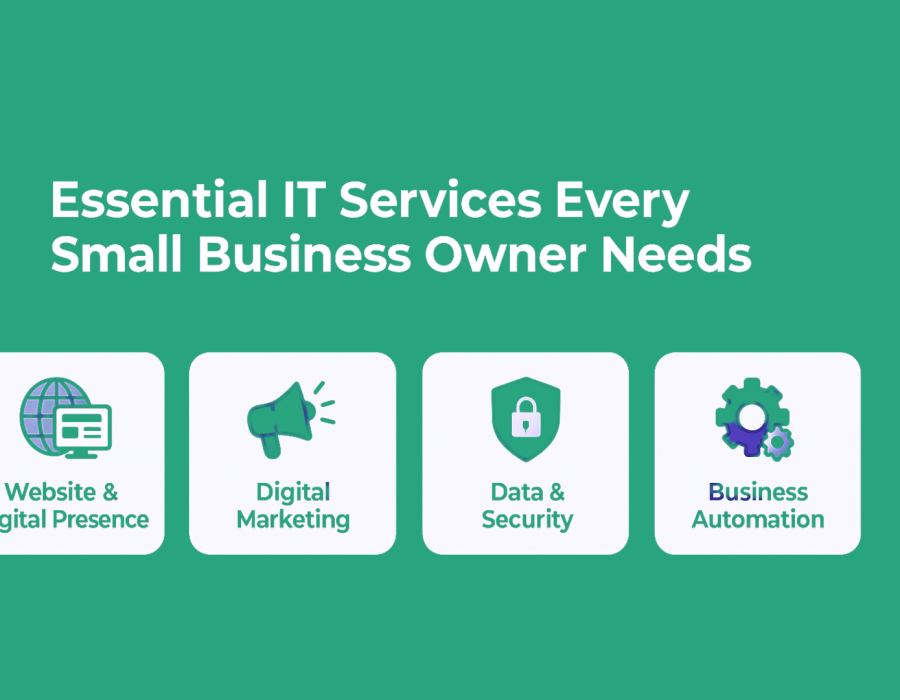Introduction
So, you’ve completed your training, maybe even finished a Java full stack developer course, and now it’s time for the real challenge: the job interview. Interviews can be nerve-wracking, but being prepared makes all the difference. That’s why this guide covers the most common Java full stack developer interview questions along with insights on how to answer them.
By the end, you’ll not only know the questions but also understand the reasoning behind them.
Why Companies Ask These Questions
Employers want developers who can handle the entire lifecycle of a project. That means:
- Writing clean, scalable code with Object-Oriented Programming (OOP).
- Applying design patterns to common problems.
- Using debugging techniques to fix issues fast.
- Following Agile development methodology for teamwork.
- Ensuring quality with testing and QA.
- Integrating APIs to connect systems.
- Delivering optimized code that performs well.
In short, interviewers test your ability to deliver real-world projects, not just theory.
Top Java Full Stack Developer Interview Questions
1. What is a Full Stack Developer?
How to answer: Explain that a full stack developer can work on both the front-end and back-end of applications. Mention technologies:
- Front-end: HTML, CSS, JavaScript, frameworks like React/Angular.
- Back-end: Java, Spring Boot, databases, API integration.
Employers like when candidates highlight versatility.
2. Can You Explain Object-Oriented Programming (OOP) Concepts in Java?
Key points to cover:
- Encapsulation, inheritance, polymorphism, abstraction.
- Use real-life examples. For example: “A Car is a class, while Toyota or Honda are objects.”
This question checks your Java fundamentals.
3. What Are Common Design Patterns You’ve Used?
Answer idea: Mention Singleton, Factory, Observer, and MVC.
- Example: “I’ve used Singleton for database connections to avoid multiple instances and Factory for object creation flexibility.”
Patterns show you can solve problems efficiently.
4. How Do You Handle Debugging in Java Applications?
Employers want problem-solvers.
Sample approach:
- Use IDE tools (breakpoints, watches).
- Add logging frameworks like Log4j.
- Analyze stack traces.
- Apply systematic debugging, not guesswork.
5. Explain the Agile Development Methodology.
Answer idea: Agile focuses on iterative development, sprints, and team collaboration. Share personal experience if you’ve worked on Agile projects during your course. Mention stand-ups, sprint reviews, or retrospectives.
6. What’s the Difference Between REST and SOAP APIs?
Answer idea:
- REST: lightweight, uses JSON, widely adopted.
- SOAP: more strict, XML-based, secure but heavier.
- Employers want to see if you understand API integration, since almost all projects depend on it.
7. How Do You Approach Testing and Quality Assurance?
Key points:
- Unit testing (JUnit).
- Integration testing.
- Test-driven development.
- Manual vs automated testing.
Mention that testing reduces bugs and improves reliability.
8. What Steps Do You Take to Optimize Code?
Employers want efficiency.
Answer idea:
- Profile applications.
- Optimize SQL queries.
- Use caching.
- Select proper data structures and algorithms.
This shows you’re not just coding but thinking about performance.
9. How Do You Manage Projects and Team Collaboration?
Answer approach:
- Use Git for version control.
- Follow Agile sprints.
- Track tasks with Jira/Trello.
- Engage in code reviews.
Even junior developers should know the basics of project management.
10. What Are the Challenges of Full Stack Development?
Good candidates show awareness. Examples:
- Keeping up with both front-end and back-end technologies.
- Balancing testing with fast delivery.
- Debugging across multiple layers.
Show that you’re adaptable and ready to learn.
Behavioral Java Full Stack Developer Interview Questions
Technical skills matter, but companies also test behavior and mindset.
- “Tell me about a time you fixed a difficult bug.”
- Answer with STAR (Situation, Task, Action, Result). Focus on how debugging techniques saved time.
- “How do you prioritize tasks when deadlines are tight?”
- Show how Agile sprint planning and project management tools help.
- “What motivates you to work as a full-stack developer?”
- Highlight your love for solving problems across front-end and back-end.
Why Preparation Pays Off
A survey by Indeed found that 60% of hiring managers reject candidates who can’t explain practical applications of their skills. (Indeed Career Guide)
That’s why practicing Java full stack developer interview questions is so important. You don’t just need the right answer — you need to show confidence and understanding.





Comments